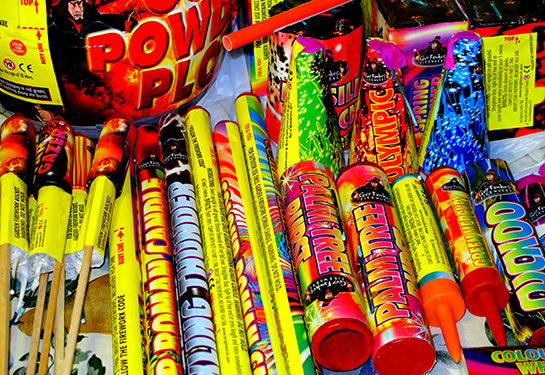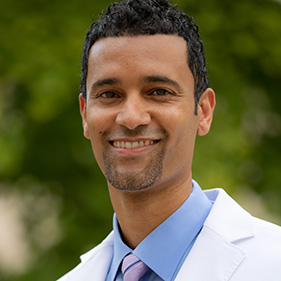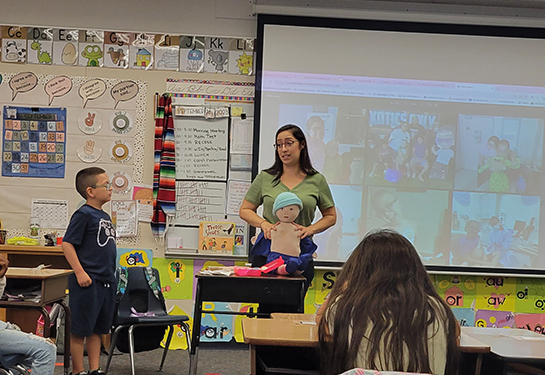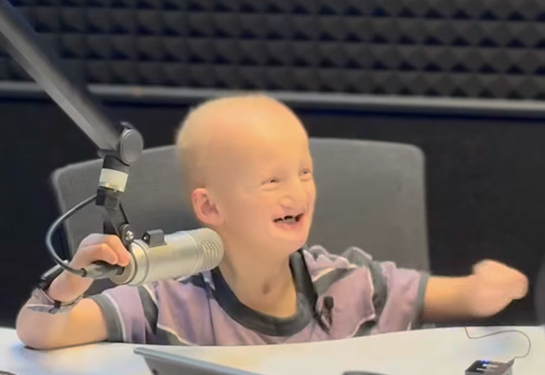Hand surgeon offers fireworks safety tips
With the Fourth of July holiday upon us, Christopher Bayne, an expert in hand, wrist, and arm repairs at UC Davis Health urges the public to prioritize safety while setting off fireworks.
“The number of patients seeking treatment for firework-related injuries tends to increase when fireworks become available,” Bayne explained. “Hand, upper extremities, eye and face injuries are quite common this time of year, not only on the fourth, but also the days leading up to the fourth and the days afterwards.”
As he issues the stern warning, Bayne’s voice carries the weight of the injuries he has witnessed. He recalls a patient who needed a double amputation and lost their vision in one eye. He also remembers the tragic case of a toddler who lost three fingers to a firework injury. Each story serves as a painful reminder of the life-changing consequences that can result from a moment of carelessness or a lapse in judgment.
“These injuries often require hours of cleaning and multiple surgeries. They can go as far as to require physical rehabilitation and the use of a prothesis,” Bayne explained.
All fireworks — legal or illegal — including sparklers, firecrackers, fountains and rockets pose risks of injury if not handled properly.
"It is important to acknowledge fireworks as a part of holiday celebrations,” Bayne said. “But my preference would be for people to enjoy the fireworks organized by trained professionals, at a safe distance, instead of doing them at home.”
It is important to acknowledge fireworks as a part of holiday celebrations. But my preference would be for people to enjoy the fireworks organized by trained professionals, at a safe distance, instead of doing them at home.”—Christopher Bayne
Safety tips
Understandably, there are many who will set off fireworks at home in communities where they are legal. While Bayne maintains that the there is no foolproof safe way to use fireworks at home, he also provides some valuable safety tips:
- Buy only state fire marshal-approved fireworks, purchased from licensed fireworks stands.
- Do not alter fireworks or use homemade fireworks or illegal explosives.
- Never allow young children to play with or ignite fireworks, including sparklers. Glow sticks, confetti poppers or colored streamers are great safe alternatives.
- Do not handle or allow someone to handle fireworks if they are under the influence of drugs or alcohol.
- Only use fireworks outdoors, away from dry vegetation and flammable materials.
- Wearing appropriate clothing, avoiding loose garments that can catch fire. Use protective eye gear when lighting or handling fireworks.
- Never attempt to relight or handle "dud" fireworks; soak them with water and throw them away after waiting for 20 minutes.
- After fireworks have burned, soak them with water from a bucket or hose to prevent trash fires. Then discard them.
- Keep a bucket of water or a garden hose nearby in case of fire or mishap.
- Fireworks should be lit one at a time and you should never point or throw them at people.
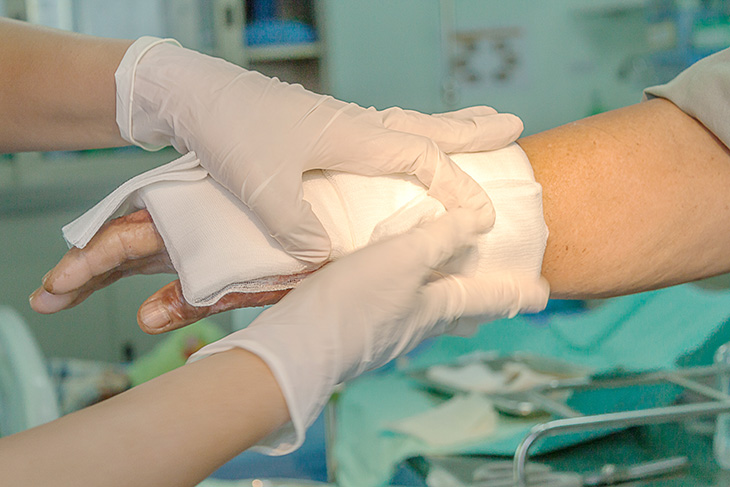
Fireworks injuries
Most firework-related injuries require medical assistance, but there are some steps you can take to reduce harm.
For minor burns:
- STOP, DROP, and ROLL or smother flames with a blanket.
- Apply cool (not ice-cold) water to the burn for five minutes or until the pain subsides.
For major burns:
- Call 911 for immediate medical help.
- Do not remove burned clothing.
- Avoid immersing large severe burns in cold water.
- Check for signs of breathing and movement. If there are none, initiate CPR.
- Elevate the burned body part(s) if possible, raising them above heart level.
- Cover the person with a dry blanket to help prevent shock.
For blast injuries:
- All blast injuries require immediate medical attention. Call 911 for transportation to the nearest emergency department.


